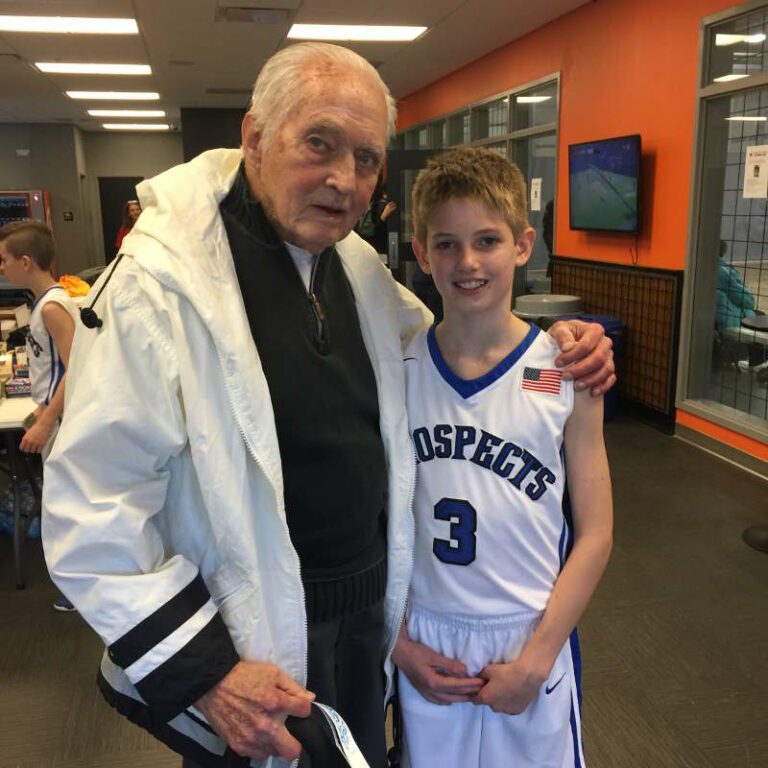Happy Friday again everyone! I hope you enjoyed my previous blog post about foods for fighting dementia and cognitive decline. If you didn’t get to read it, the link for the article will be posted at the bottom of the page.
It’s starting to get later in the year which means along with it getting colder, the holidays are just around the corner. The holidays along with being some of the most joyous times of the year are also the most stressful. There’s a reason more people get sick and rundown around the holidays and that’s due to the stress they impart on people. So, this holiday season make sure you thank the turkey and the man in the red suit for your cold. There have been many research studies showing stress to negatively affecting an individual’s health. This is especially true when it comes to one’s occupation. In the field of homecare, caregivers are especially susceptible to stress and burning-out do to being overworked.
I chose this topic for this weeks blog because very recently a personal friend of mine Joe was struggling with being burnt out from his live-in caregiver position. As the client Michael’s only live-in caregiver, my friend was responsible for all of Michael’s care including meals, assistance with dressing, showering as well as ensuring Michael’s strict adherence to the physical therapist’s rigorous exercise and stretching routine. When Joe first took the job things went rather smoothly with Joe having some down time in between helping Michael with his care. However as Michael’s condition worsened he started developing multiple urinary tract infections which not only weakened Michael but required him to use the bathroom frequently. This in turn caused many sleepless nights for Joe with him having to walk Michael to the bathroom multiple times a night. After awhile, the sleepless nights began to wear on Joe to the point he would become irritated with Michael and his patience for him waned. Michael could tell Joe was becoming agitated and decided one night he was going to try and walk to the bathroom by himself in the middle of the night because he didn’t want to wake Joe and bother him. Michael was nowhere near strong enough to be walking himself to the bathroom and subsequently fell and had to be hospitalized for his injuries. It was at this point that Joe knew something had to be done and reached out to me for some advice.
When Joe called me, I could tell he was worn down. He hadn’t been able to take any time for himself and was constantly with Michael and assisting with his needs. He expressed to me that his unwillingness to take any time off was due to Michael’s reliance on him and the fact he was unsure what options were available to give him a break. Some of the options Joe and I discussed were respite care, the addition of another caregiver, or furthering the involvement of Michael’s family.
The first option we discussed was respite care. Respite-care is when the client is put into a facility normally for a short stay to give the usual caregivers a break. Respite care can sometimes be covered by the clients private insurance or Medicaid can cover part of the cost in most states. However Michael was not keen on the idea. He wanted to stay in his own home and did not like the idea of staying in a strange facility for a week for Joe to get a break.
The next option Joe discussed with Michael was the addition of another caregiver especially to help with the nights so Joe could get some sleep. Michael again was not thrilled with the idea because he only wanted people he trusted to take care of him and did not want to get used to a new caregiver.
Finally after some discussion with Michael’s family, Michael’s daughter said she was going to step up and take care of Michael during a couple hours during the day so Joe could have some time for himself or rest. It was not a perfect solution but everyone involved agreed to give it a try and hopefully give Joe some reprieve. That’s an important point to remember when trying to care for someone. They aren’t always going to go with what you see as the best solution they may pick something in the middle and that’s ok. An individual’s care is always a feeling out process with trying to find balance between what you think is best for the situation and what they are willing to accept at that time. In Joe and Michael’s case, The most important thing was making sure Joe had some time away from Michael to take for himself. I can not stress this enough, all caregivers need time for themselves to prevent caregiver burnout. It’s important to weigh your options similar to how Joe and Michael did to find what works best for the client and caregiver to maintain that healthy relationship between the two of you.
Thank you all for reading this week’s post. I hope it reaches some caregivers who may be discouraged or worn out and help you decide when it’s time to get some help for yourself. Below is the link to last week’s blog post
https://preferhome.com/locations/pittsburgh/food-for-thought-friday/
If you have questions about senior home
care services or if you want to start care:
Related Posts
October 26, 2018
Food for thought Friday!
Kevin Novick

June 30, 2017
Activities of Daily Living for Seniors
Kevin Novick

June 2, 2017
Senior Home Care Bethel Park Pennsylvania
Kevin Novick
Helping seniors age in place, with dignity & grace.